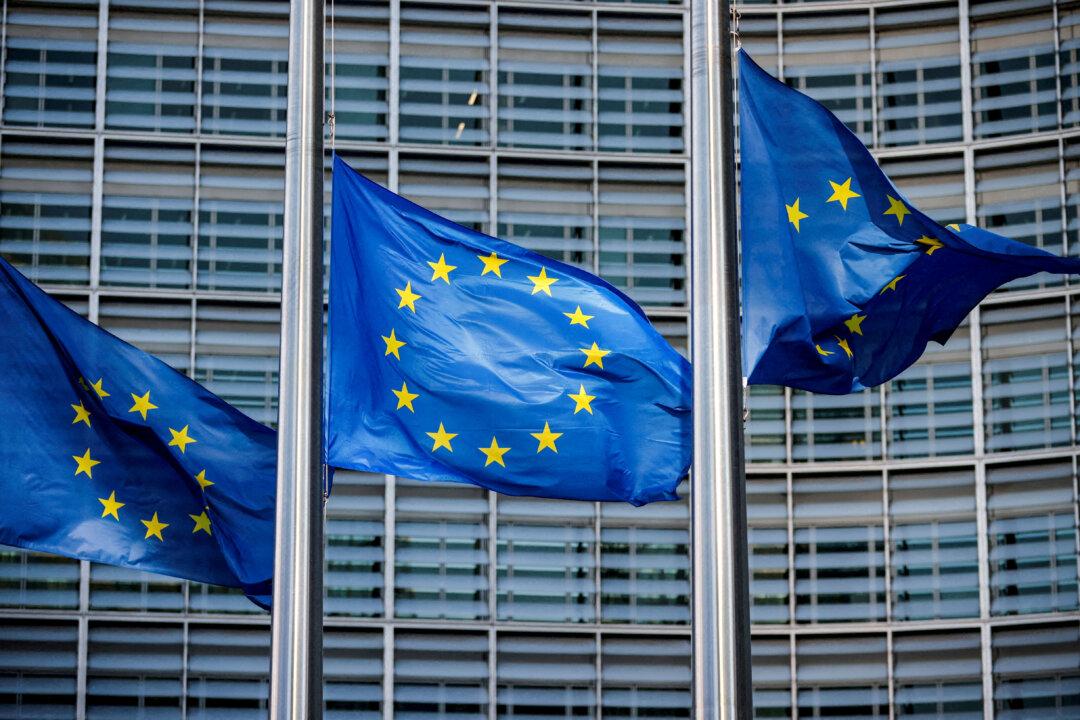The European Union agreed on Oct. 9 to give Ukraine as much as 35 billion euros (about $38 billion) as part of the bloc’s share in a larger planned loan from the G7 nations backed by frozen Russian central bank assets.
In June, the G7 and EU announced that they would provide a $50 billion loan to help Ukraine, serviced by profits from Russian assets seized in the West.





